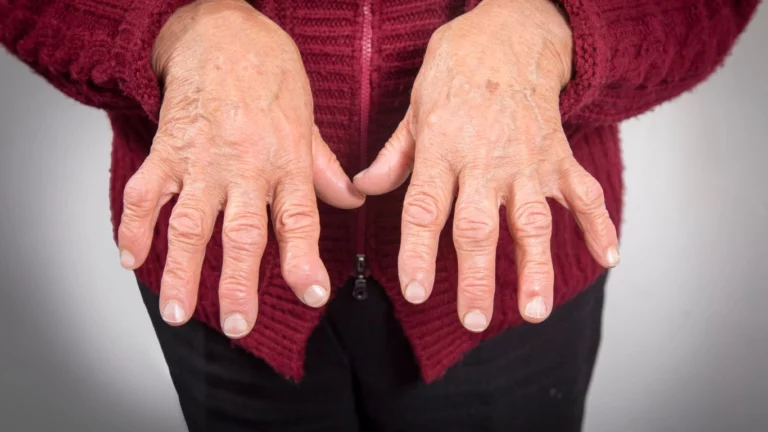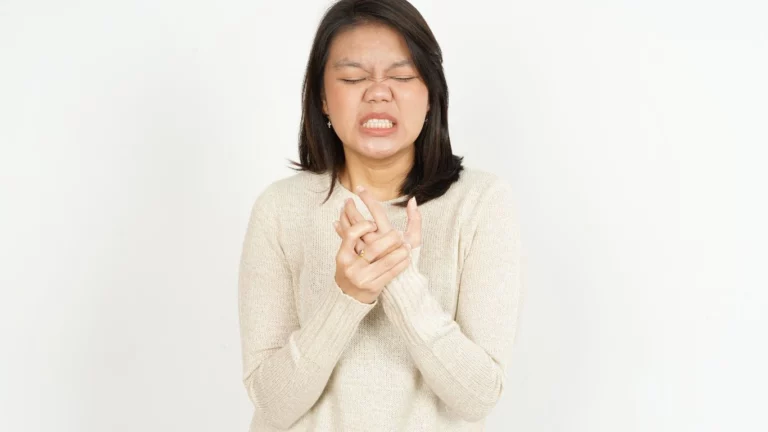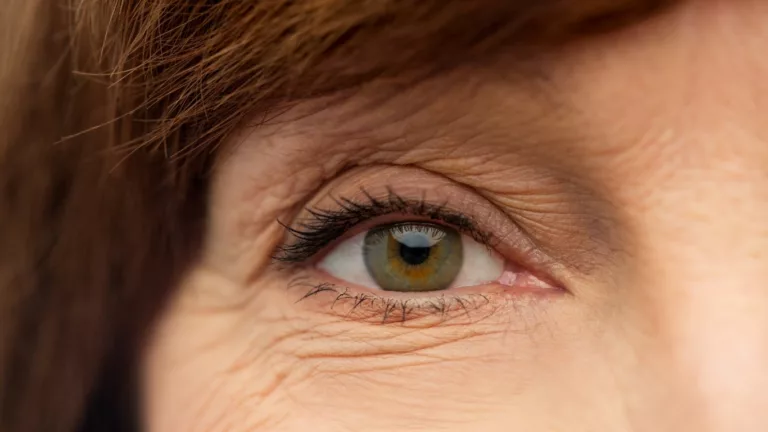Can Caffeine Trigger Asthma Symptoms? 🤔
Can Caffeine Trigger Asthma Symptoms? 🤔
So, let’s talk about caffeine and asthma. If you’ve got asthma and you’re sipping on your daily coffee, you might’ve wondered if that morning cup is helping or hurting. I mean, caffeine is supposed to give us a little energy boost, but could it be messing with your breathing? Let’s dive into that and figure it out.
Caffeine and Asthma: What’s the Deal?
First, let’s lay it out. Caffeine’s a stimulant—think energy, alertness, and that “I’m ready to conquer the world” feeling when you get your coffee fix. Now, it actually has a pretty interesting effect on asthma because it can act like a mild bronchodilator (which basically means it opens up your airways for a bit). So in some cases, a cup of joe might help you breathe easier for a little while. It’s like the same concept as an inhaler, just not as strong or long-lasting.

But—and this is the big but—if you go overboard with it, it could totally backfire. Too much caffeine can get your heart racing, make you jittery, or just mess with your anxiety levels. And let’s be honest, those things are not going to help your asthma situation. Plus, if you’re dehydrated (caffeine can make you pee a lot), your asthma could flare up even more.
Can Caffeine Actually Make Asthma Worse?
So, what’s the deal with overdoing caffeine? If you have asthma, you probably know that too much stress or not enough sleep can trigger symptoms. Well, caffeine is a bit of a mixed bag. It’s cool in moderation because of that temporary airway-opening effect, but if you’ve been sipping coffee all day, your heart might start racing, and that could actually make you feel more anxious or short of breath.

I’ve heard from people who’ve cut back on caffeine because they noticed their asthma got worse after a couple of cups. A bit of that jittery feeling can mess with their breathing. So if you’re chugging coffee and suddenly find yourself coughing or wheezing more, maybe try scaling back and see if it helps.
Troubleshooting Caffeine & Asthma Problems
Let’s break it down—what can you do if caffeine seems to be messing with your asthma?
1. Jittery Feeling?
If you’re feeling anxious or your heart’s pounding after a cup of coffee, cut back a bit. There are loads of caffeine-free drinks out there that’ll still give you a warm, comforting vibe without the crash. Herbal teas, for example, can be soothing and hydrating.
2. Feeling Dehydrated?
Caffeine can make you pee a lot, which might lead to dehydration (and dehydration isn’t great for asthma). So try to balance your caffeine with plenty of water throughout the day. You want to stay hydrated so your lungs stay happy.
3. Can’t Sleep?
If caffeine is keeping you up at night, you could be setting yourself up for a bad day with asthma the next day. Try skipping the late-night coffee and opt for something calming like chamomile tea before bed.

Real Talk: Some People Actually Feel Better with Caffeine
I’ve spoken to people like Sarah, who’s 28 and has asthma, and she swears by her morning coffee. She says it helps her breathe easier, especially before she works out. But—and this is key—she keeps it to just one cup and never overdoes it. She’s found a sweet spot where the caffeine helps open up her airways but doesn’t trigger any of those jittery, anxious feelings.
Then there’s James, who’s had asthma for years and was a coffee lover. He started noticing that after a few cups a day, he’d feel a bit breathless and even more stressed out. After cutting back, he said his asthma symptoms were way more manageable. He was drinking less caffeine, focusing on staying hydrated, and it made a huge difference.
Key Takeaways:
- Caffeine can help open up your airways a little, but it’s not a miracle fix.
- Don’t go overboard with the caffeine—moderation is key.
- Keep an eye on how caffeine makes you feel. If it makes you jittery or dehydrated, it might be time to cut back.
- Everyone’s body reacts differently, so if caffeine’s not your friend, don’t feel bad about switching it out for something else.
FAQs: All Your Caffeine & Asthma Questions Answered
Q: Can I still drink coffee if I have asthma?
A: Totally! But maybe not five cups a day. Try sticking to a cup or two and see how your body reacts.
Q: Does caffeine help with asthma symptoms?
A: For some people, yeah, it can open up the airways for a bit, but it’s not a long-term solution. If it works for you, great, but don’t rely on it to manage asthma.
Q: Can caffeine make asthma worse?
A: Yep, too much caffeine can lead to racing heartbeats, anxiety, and dehydration, which could trigger asthma symptoms. If that’s the case for you, maybe try cutting back.
Q: What are some caffeine-free alternatives for people with asthma?
A: Herbal teas like chamomile or ginger tea are great! They’re hydrating and won’t mess with your breathing.
Wrap-Up
At the end of the day, whether caffeine is your friend or foe depends on your body and how you react to it. It can help some folks with their asthma symptoms, but for others, it could make things worse. So listen to your body, experiment a bit, and figure out what works best for you.
What do you think? Do you feel like caffeine helps or hinders your asthma? Let me know! And if you’ve got any tips or tricks for managing asthma while still enjoying that cup of coffee, I’m all ears.
Call to Action 🚀
Are you ready to see how caffeine affects your asthma symptoms? Share your experiences in the comments below, or reach out to a healthcare provider to discuss your caffeine consumption and asthma management strategy! Don’t forget to subscribe for more health tips and updates.

Bianca Nala is a skilled writer with a deep focus on respiratory disorders. Her articles on Healthusias.com reflect her expertise, providing readers with reliable and engaging insights into respiratory health.






